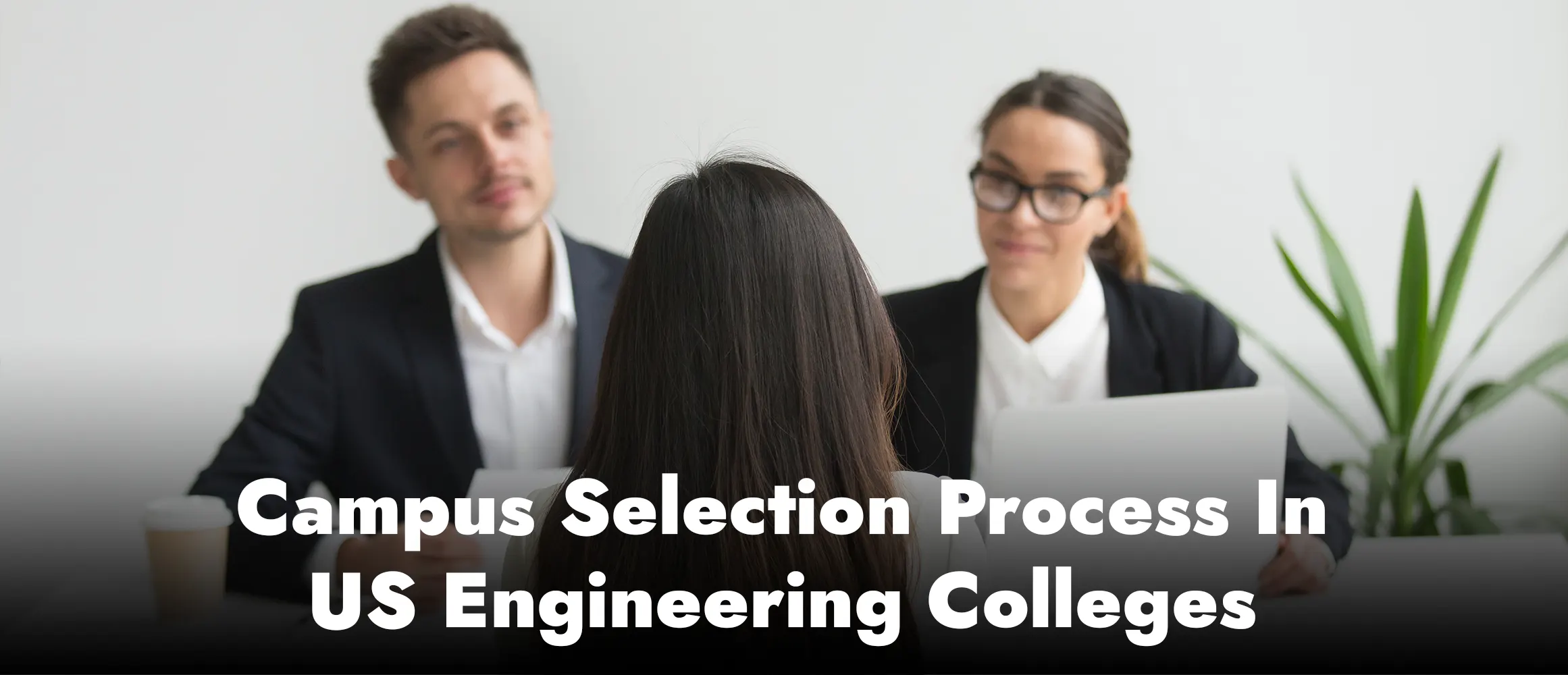- Offer
- Services
- Assignment Help
- Homework Help
- Coursework Help
- Dissertation Help
- Programming Assignment Help
- Adobe InDesign Assignment Help
- Advanced Network Design Assignment Help
- Artificial Intelligence Assignment Help
- Assembly Language Assignment Help
- Computer Programming Assignment Help
- C Assignment Help
- Coding Assignment Help
- Data Structure Assignment Help
- IT Assignment Help
- Machine Learning Assignment Help
- ODOO Assignment Help
- R Programming Assignment Help
- UML Assignment Help
- Web Designing Assignment Help
- Big Data Assignment Help
- Data Mining Assignment Help
- Matlab Assignment Help
- Finance Assignment Help
- Research Paper Writing
- Engineering Assignment Help
- Essay Writing Services
- Marketing Plan Assignment Help
- Capstone Project Writing
Services in Australia
- Experts
- Blogs
- Reviews
4.9/5
+61 480 020 208
Order Now


















